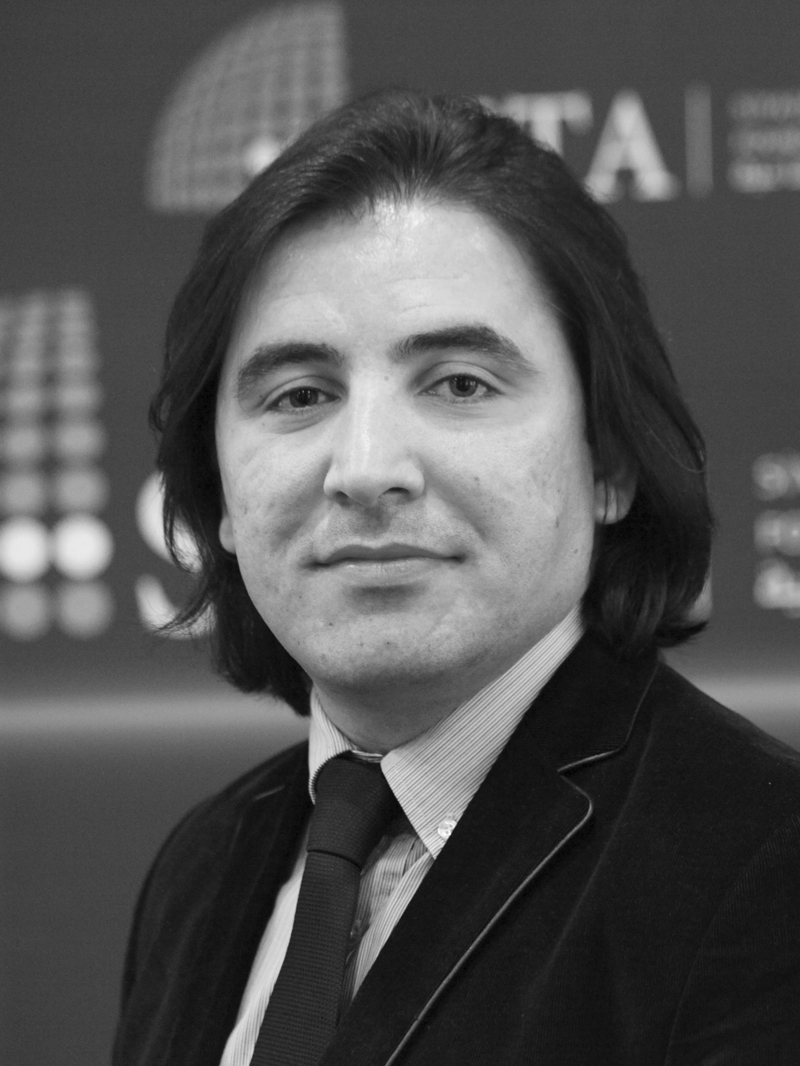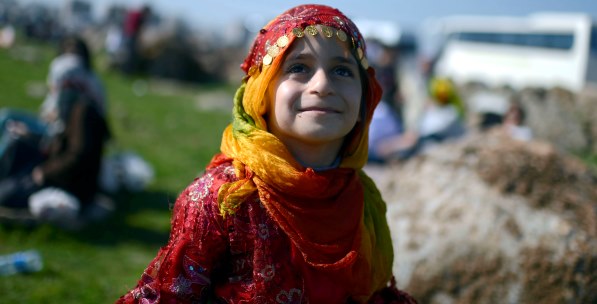The Kurdish issue has played a double-pronged role in the overall democratisation of Turkey. In the 1980s and 1990s, the establishment cited armed conflict aspect of the Kurdish issue as a pretext for stifling democratisation, curbing liberties and suppressing the emergence of an open society. After the 2000s, the interaction between the Kurdish movement's demands for greater political and cultural rights and the government's drive to democritise the political system contributed significantly to the overall democratisation of the country.
Just as the armed manifestation of the Kurdish movement emboldened undemocratic forces in Turkey's system and slowed down democratisation, the movement's political alteration played a catalysing role in Turkey's further democratisation. The Kurdish peace process, which began in late 2012, presents the Kurds and Turkey with a great opportunity to not only solve the Kurdish issue peacefully, but also to push Turkey towards a more advanced level of democracy.
REFORMS: THE WAY FORWARD
The process has recently been facing difficulties, though not insurmountable ones. The government and the Kurdish movement have blamed one another for not adequately undertaking their respective responsibilities. In August, Prime Minister Erdogan accused the Kurdistan Workers Party (PKK) of not living up to its promise to withdraw from Turkey, saying that only 20 percent of fighters had left Turkey's soil.
In response, the Kurdish side accused the government of not being committed to the process, since the government did not undertake the necessary judicial and democratic reforms as part of the second step of the three-phase process. The first phase of the process concerns the withdrawal of PKK members from Turkey and the last phase involves the reintegration of PKK members into society. Consequently, the PKK decided to discontinue its withdrawal until the government carries out the necessary reforms and meets the conditions for more comprehensive negotiations proposed by Ocalan, the incarcerated leader of the PKK.
As a result, the government announced a much-anticipated 28-point reform package in late September. Yet, Kurds deemed the package insufficientto address its main demands and reiterated their insistence that the government conduct deep and meaningful negotiations with Ocalan. Thereafter, both sides have adopted increasingly accusatory language, the latest evolution of which took the form of PKK's Cemil Bayik threatening to renew the fight unless the government revives the process.
With this posture, the PKK seeks to achieve two goals. First, it wants to exert pressure on the government as local elections near. Second, it wants to strengthen Ocalan's negotiating position in the process. Although one can see the logic behind this stance, the threat of resuming armed struggle, let alone initiating it, is ultimately inimical to the interests of both Turkey and the PKK, and counterproductive to the Kurds' efforts to attain full democratic rights. In an era of opening political channels and improved prospects for peaceful political advancement of their rights. Armed struggle is obsolete. The PKK should not renounce violence as a tactical move; it should do so as part of its strategic vision.
Recent reforms have fallen short of meeting some key demands of the Kurdish movement. These include the use of the Kurdish language in education and public life, elimination of Turkey's infamous anti-terrorism law and introduction of a decentralised local government structure by lifting Turkey's reservations on the Council of Europe's European Charter on Local Self-Government. However, the package did free the Kurdish movement from many restrictions that had previously prevented it from being a more effective political force. Given that pro–Kurdish parties usually poll at 5-7 percent of the national vote, it was unable to enter parliament under its name and receive public funding.
Therefore, it is clear that the pro-Kurdish Peace and Democracy Party (B








